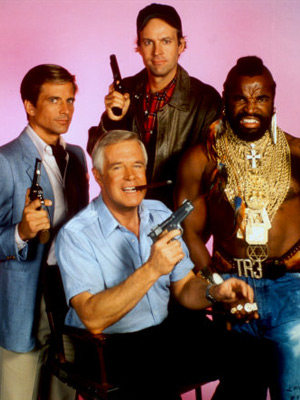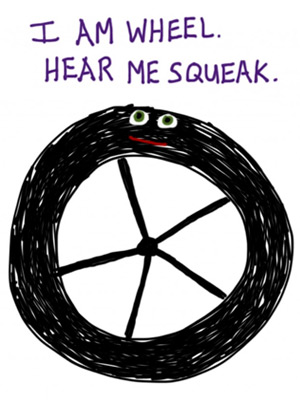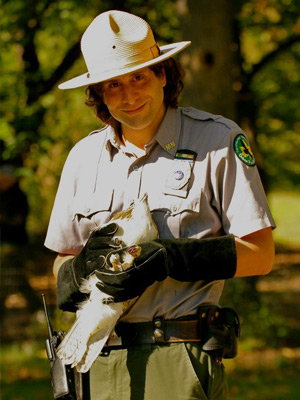Networking isn’t just about shaking hands and passing out business cards, it’s about connecting with people who share your passions. Sometimes those people are the link to a new opportunity but most often all you’ll get from someone will a conversation. Not everyone will be in a position to help you realize your dreams but that doesn’t mean they can’t be helpful.
Shift your focus away from yourself. Seek out the people who are passionate about their work and committed to excellence. Make note of these people and start introducing them to one another. Become a social connector. Look for opportunities to link the people in your network, then step back and let them make things happen. Ask for nothing in return and watch your network solidify around you.
Making connections for other people doesn’t cost you anything, it keeps you on the forefront of people’s minds, builds your social currency and establishes a nice pattern of reciprocal behavior. If you’ve made a connection for someone in the past they’re more likely to make a connection for you when the opportunity arises. Give more and receive more.
Instead of asking how people can help you, start looking for ways to connect the people around you.
















